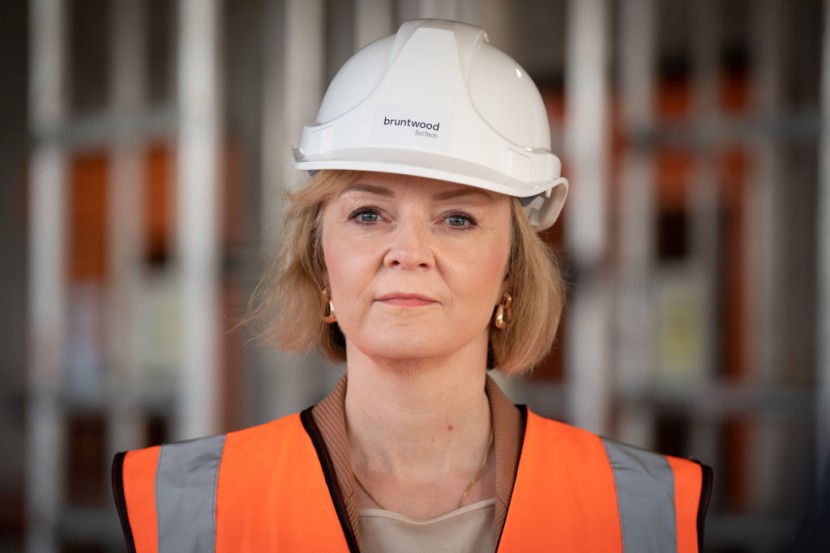
United Kingdom Prime Minister Liz Truss is facing pressure to ensure that benefits rise in line with rising inflation after she considered a real terms cut to benefits.
Truss faced an open rebellion within her own cabinet after her consideration as Penny Mordaunt, Robert Buckland, and Chloe Smith all warned against not linking benefits with inflation rises, some doing so in public.
Rising Benefits
However, the UK prime minister and the Chancellor, Kwasi Kwarteng, are actively considering the move already. They questioned why benefits should be rising faster than private sector wages.
The cabinet ministers' open willingness to argue against the measure has become a symbol of fractured Tory unity on Tuesday. Some cabinet members, privately, were supportive of allowing benefits to rise below inflation. They are calling for rebels to show more traditional Conservative values.
On Tuesday, Kwarteng indicated that he understood the concerns of his colleagues, saying that he wanted a "humane society," but fell short of ruling out a real terms benefit cut. Currently, government policy is to increase Universal Credit, which more than roughly five million people claim, in line with inflation, as per Telegraph.
However, Prime Minister Truss is considering linking it to average earnings, which is a lower figure. The Leader of the Commons, Mordaunt, took to the airwaves to argue that it "makes sense" for Universal Credit to rise in line with inflation.
The Welsh Secretary, Buckland, said that every conservative government that he has been a part of had retained this safety net. He said that he was sure that the most recent policy would do the same as well.
According to BBC, Mordaunt said that they wanted to make sure that citizens are looked after and that people are able to pay their bills. He noted that they were not about trying to help people with one hand and take away with another.
High Inflation
When asked whether or not she welcomed Mordaunt making her views public, Truss said that she was looking forward to having those discussions with other officials. On the other hand, Kwarteng said that he would not be drawn into the debate.
However, Kwarteng stressed his attachment to "compassionate conservatism," while Work and Pensions Secretary Smith would not be drawn. Working-age benefits, such as Universal Credit, no decision has been made yet on whether their rise will be linked to prices or wages.
Truss's authority took a blow on Monday when she was forced to backtrack on her plan to reduce tax for higher earners. The prime minister said that the government could have laid the groundwork better for the measure.
The official said that the government was listening closely and was reflecting on where it could do things better. However, Truss said that the top income tax rate had not been a "core part" of her economic growth package.
Following the u-turn, Truss said that it was about a decision that they would take on later this year, adding that there will be more discussions about the decisions, the Independent reported.
© 2025 HNGN, All rights reserved. Do not reproduce without permission.








